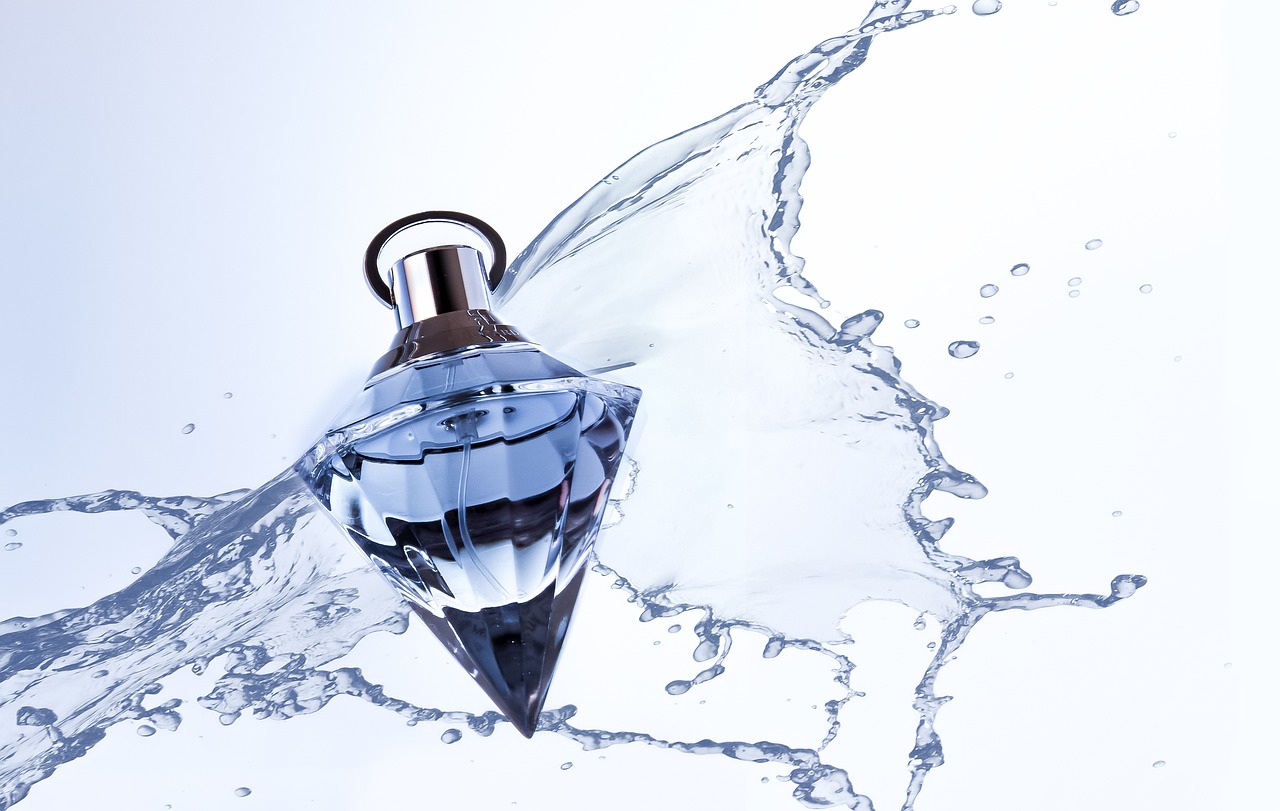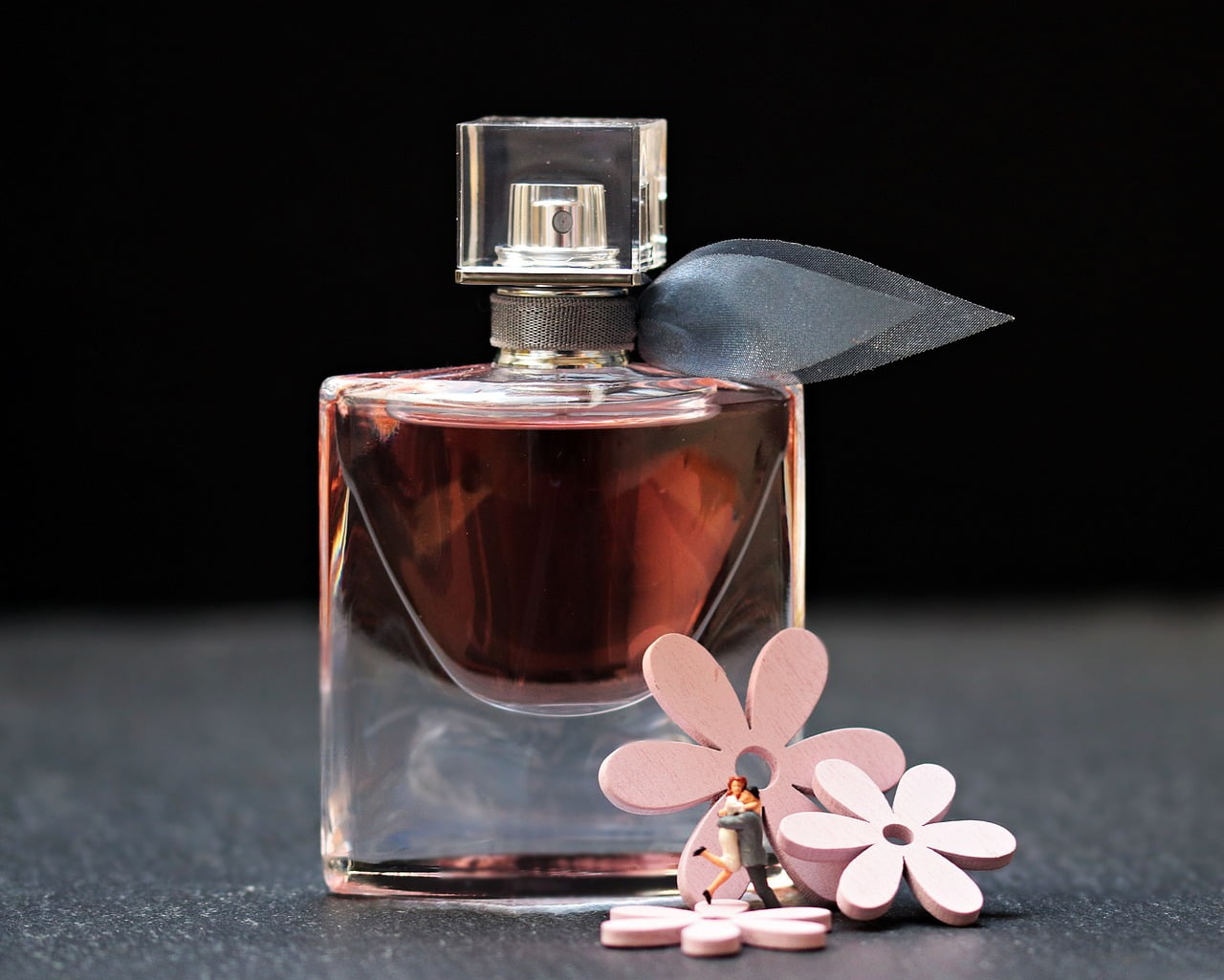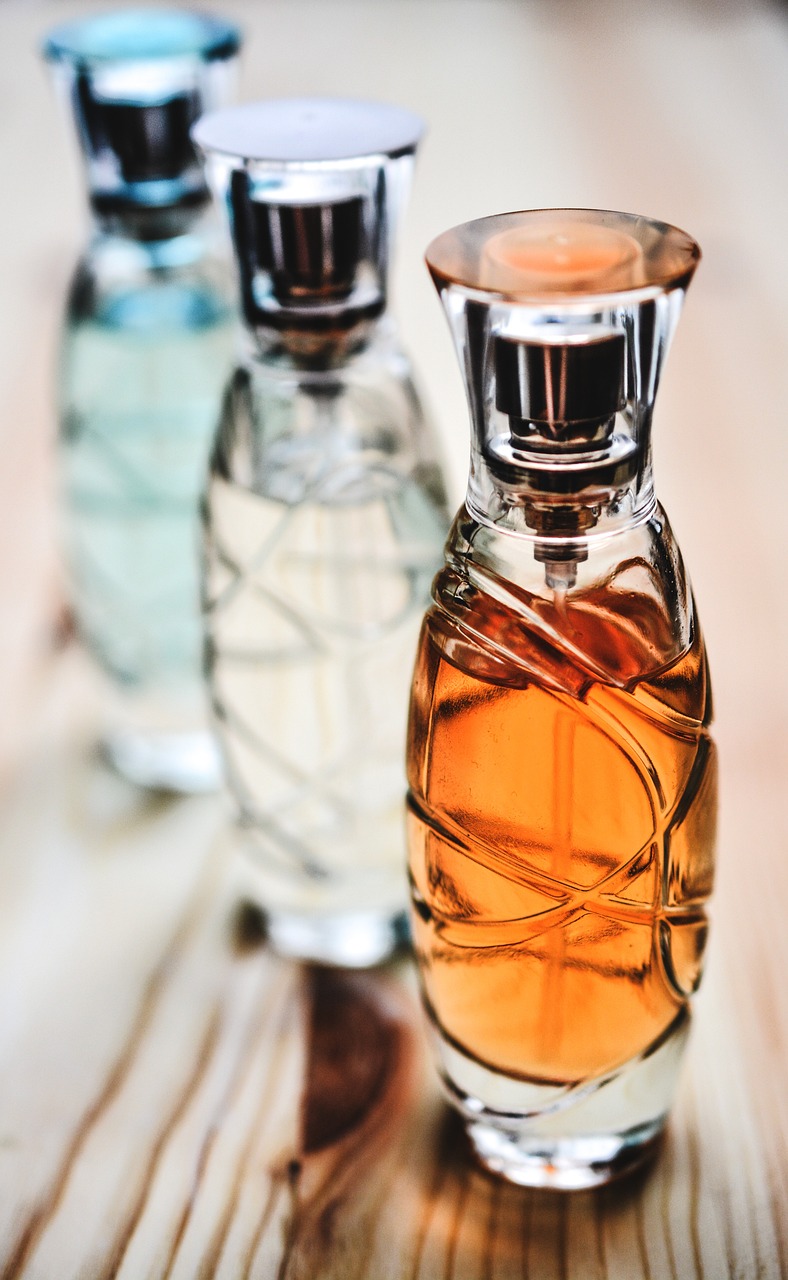Have you ever dreamed of creating a unique fragrance that captures your personality and style? Perfume making is an art that allows you to blend different scents and create something truly special. Whether you’re a beginner or have some experience, here are some tips to help you embark on a successful perfume-making journey.
1. Understand the Basics:
Before you dive into perfume making, it’s important to understand the basic components of a perfume. A typical perfume consists of three layers: top notes, heart notes, and base notes. Top notes are the initial scents that you smell when you first apply the perfume. Heart notes emerge after the top notes fade and form the core of the fragrance. Base notes are the foundation, providing depth and longevity to the scent.
2. Start with a Vision:
Every great perfume begins with a vision. What kind of fragrance do you want to create? Is it light and floral, deep and woody, or something in between? Having a clear idea of the type of scent you want to achieve will guide your ingredient choices and the blending process.
3. Select Quality Ingredients:
The quality of your ingredients greatly impacts the final result of your perfume. Invest in high-quality essential oils, absolutes, and aroma compounds. Each ingredient has its own unique scent profile and longevity, so consider how they will interact with one another in your blend.
4. Keep It Simple:
Especially if you’re new to perfume making, start with a simple composition. Choose a few key ingredients that complement each other well. As you gain confidence and experience, you can experiment with more complex blends.
5. Experiment with Ratios:
The ratios of your ingredients play a crucial role in the overall scent of your perfume. A higher concentration of top notes will create a more refreshing and immediate fragrance, while a higher concentration of base notes will result in a longer-lasting scent. Experiment with different ratios to find the balance that works for your vision.
6. Blend Gradually:
Perfume making is about blending and layering scents. Start by blending a small amount of each ingredient, testing as you go. You can always add more, but it’s challenging to fix an overly intense or imbalanced blend.
7. Keep Notes:
As you experiment and blend, keep detailed notes of your process. Write down the ingredients you use, the ratios, and your impressions of how they interact. This will help you recreate successful blends and learn from any challenges you encounter.
8. Use Droppers and Pipettes:
Precision is key in perfume making. Use droppers and pipettes to measure and mix your ingredients accurately. Even a slight variation in the amount of an ingredient can alter the final scent.
9. Allow for Maturation:
Perfumes often evolve and mature over time. Allow your blend to sit for at least a few days before making any final judgments. This maturation process allows the different ingredients to harmonize and create a more cohesive scent.
10. Test and Refine:
Once your perfume has matured, test it on your skin. Our body chemistry can alter how a perfume smells, so it’s important to see how it interacts with your skin. Wear it for a full day to assess how the different layers develop and how long the scent lasts.
11. Embrace Trial and Error:
Perfume making is an art that requires patience and practice. Don’t be discouraged by initial failures or less-than-perfect results. Every mistake is an opportunity to learn and refine your skills.
12. Be Creative:
While there are guidelines to perfume making, there are no strict rules. Don’t be afraid to think outside the box and experiment with unconventional combinations. Some of the most unique and captivating scents are born from daring creativity.
Conclusion:
Perfume making is a journey that combines creativity, chemistry, and a keen sense of smell. By understanding the basics, selecting quality ingredients, and embracing the process of trial and error, you can create a signature scent that is uniquely yours. Whether you’re crafting a gift for a loved one or simply indulging your own passion, perfume making is a rewarding and aromatic adventure waiting to be explored.




